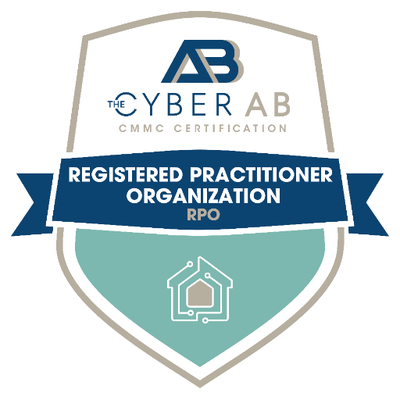The rate at which data breaches have been occurring recently is alarming and it’s only getting worse by the year. It goes without saying that suffering a data breach can spell disaster for any company. In fact, according to financial cybersecurity research conducted by the Ponemon Institute and sponsored by IBM Security, in 2016, the average cost of a data breach was around $4 million dollars.
This is particularly troubling for businesses that offer financial services. As a financial establishment that possesses the private information of all of your customers, you have a target on your back. A target that cybercriminals are working hard to hone in on. To protect yourself from potential cyberattacks, partner with an IT company that specializes in IT support for financial services.
Recent Trends and How to Protect Yourself
Consumers expect that banks and other financial services companies have impenetrable data security that can never be breached. However, the truth is, data breaches can happen to any company, it doesn’t matter how big or small your business is or what services you offer. The most recent financial industry breaches have involved everything from investment banks to third-vendors. Some were direct attacks while others were simply caused by vulnerabilities that may or may not have been exploited.
The Most Recent Financial Industry Data Breaches
- HSBC: The seventh-largest bank in the world was hit by a cyberattack in 2018. This incident allowed hackers to gain unauthorized access to some of its U.S. customer’s accounts. Client names, addresses, contact information, birthdates, account information, and transaction histories were all compromised by the attack. Although it only affected less than one percent of all of HSBC’s accounts, it was still enough to tarnish the company’s reputation.
- Capital One: The information of 100 million U.S. and 6 million Canadian customers was compromised by a July 2019 attack on the financial corporation Capital One. The FBI managed to arrest the culprit behind the breach, however, customers found that their social security and bank account numbers were now exposed.
- National Bankshares: A small bank named National Bankshares—located in Blacksburg, VA—was hit by two cyberattacks, one in May 2016 and the other in January 2017. The hackers went after the bank’s insurance company, using phishing attacks to trick employees into launching malicious hacking tools that gave them access to bank debit card numbers. The hackers managed to steal $2.4 million dollars through unauthorized withdrawals at ATMs across the country. The bank is now suing its insurance company.
- Equifax: In one of the most high-profile breaches on a financial institution in years, hackers made away with 209,000 credit card numbers and 182,000 documents containing personal information. It was later discovered that an unpatched Apache Struts 2 vulnerability was the cause of the breach.
How to Prevent Data Breaches
The current state of cybersecurity in the banking and financial services industry could be better, to say the least, but it’s not hopeless. In order to ward off cyberattacks and fix vulnerabilities, you just need to invest in your cybersecurity infrastructure, it also helps to have IT experts at your side. This is why many companies choose to work with a third-party vendor that offers managed IT services.
An IT provider that offers cybersecurity for financial services firms—like SSE—will have experts who can help build out your network security. They’ll be able to work with you to create a cybersecurity strategy, as well as identify gaps and vulnerabilities in your system. Most importantly, they’ll have the knowledge and expertise to provide solutions that can fix your issues and enhance your protection. Finally, you’ll be able to consult with these experts if you have questions that need to be answered.
Choose SSE for Your Financial Cybersecurity Needs
At SSE, we specialize in providing cybersecurity solutions for a variety of industries, including the financial industry. We can tailor our services to meet the unique needs of your business, so you’re only paying for services that you’ll actually use. Our team can also provide consultation to help you pass cybersecurity regulation audits. If you’d like to learn more about what we offer, contact us today!







